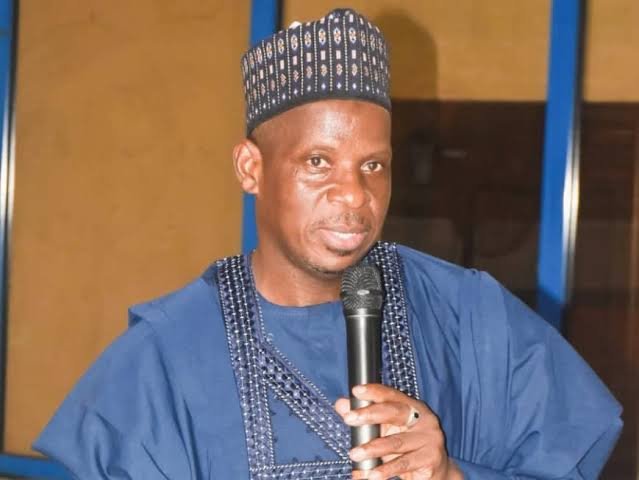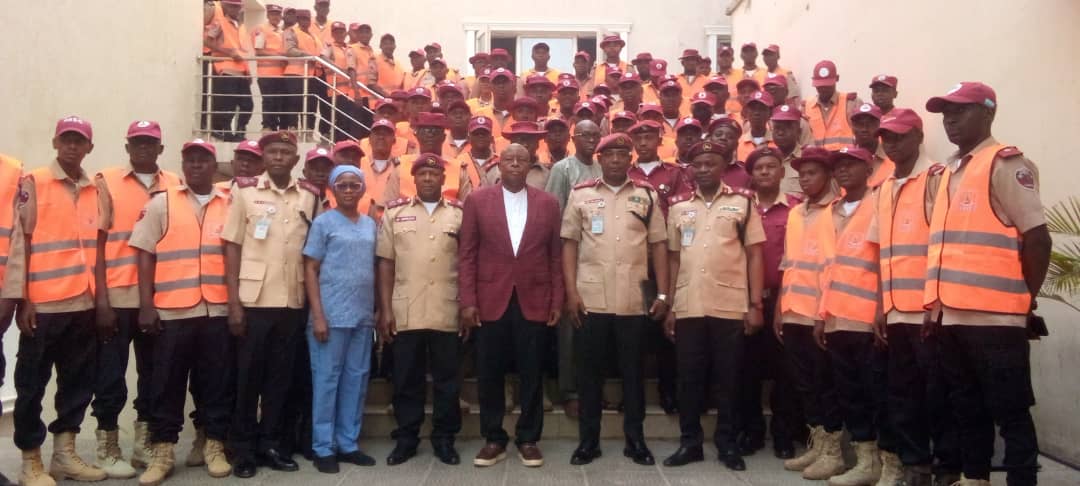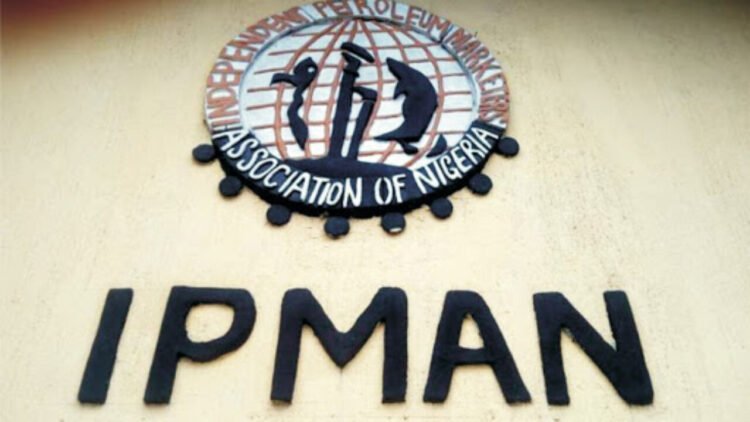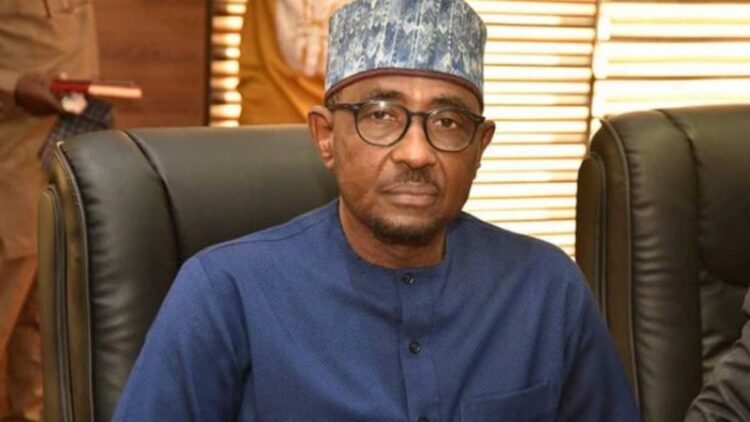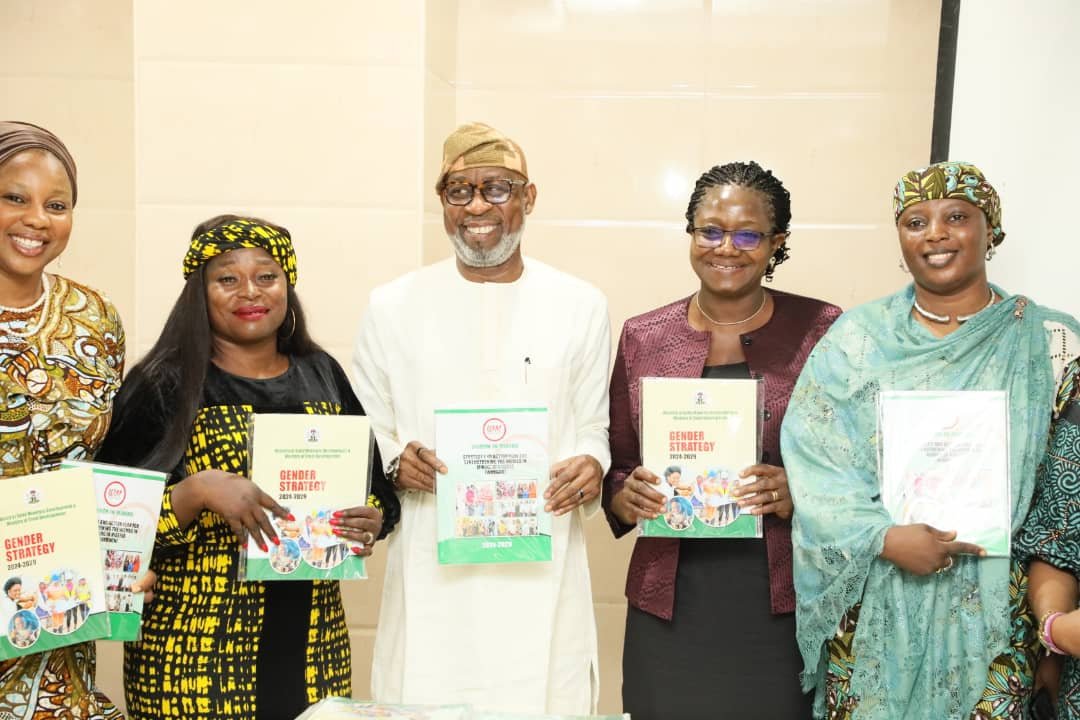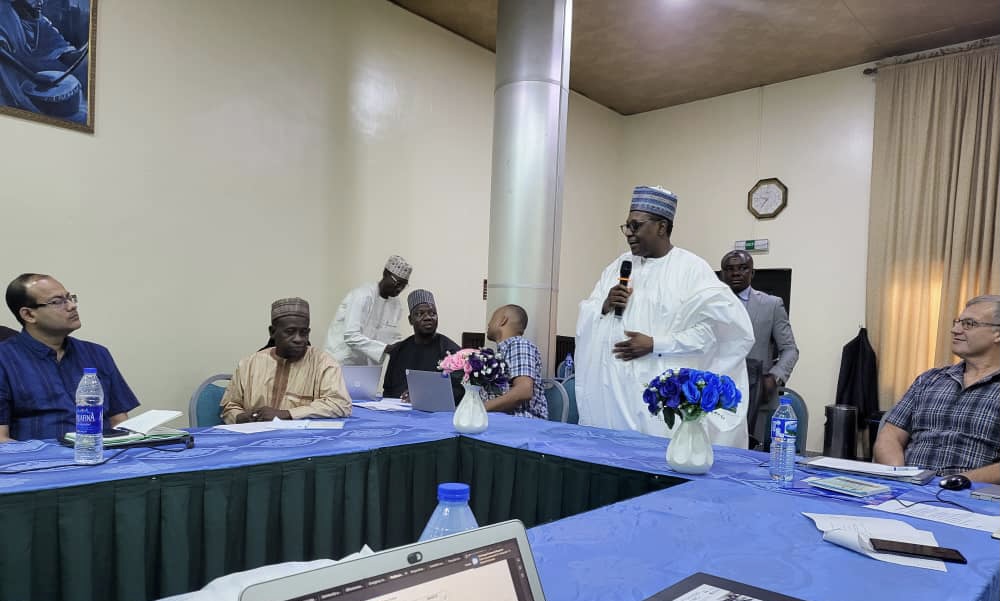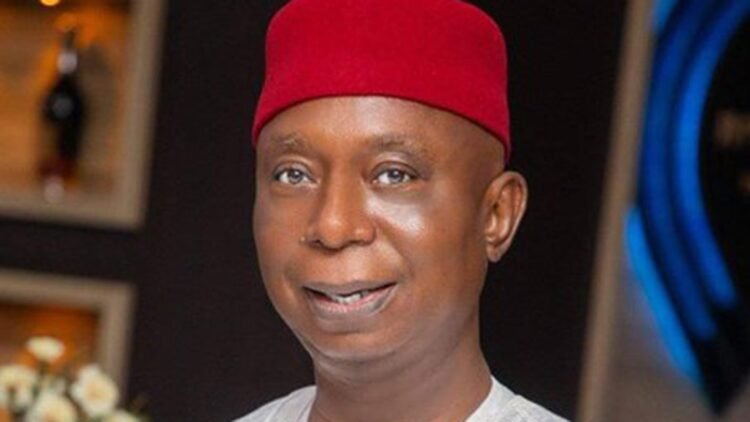Tetfund installs transplant, urology equipment in 7 teaching hospitals
By Bosede Olufunmi
The Tertiary Education Trust Fund (TETFund) has completed the installation of transplant and urology equipment for the treatment of prostate and kidney stone worth N250 million in seven hospitals.
Alhaji Umar Ali, the contractor handling the supply, who also represented Tetfund, told newsmen shortly after the installation of the equipment at the Aminu Kano Teaching Hospital, Kano (AKTH).
He described the gesture as the first in seven government hospitals at a time for the benefit of those seeking health assistance.

He listed other benefitting health institutions to include: Aminu Kano (now Bayero Teaching Hospital University) (BUK), Abubakar Tafawa Balewa, Bauchi, Ahmadu Bello University (ABU) Zaria, University of Abuja, University of Benin Teaching Hospital, Benin.
Others are: University of Jos Teaching Hospital; and University of Maiduguri Teaching Hospital, Maiduguri.
He said that those seeking treatment for kidney stone, and kidney failure are on the increase on daily basis, hence intervention by TETFund to find a lasting solution to their health challenges.
According to him, the fund has installed the equipment, tested and discovered to be in good working condition.
He added that “doctors have started using the equipment for research and practicals in the university, but all credits go to TETFund, because without their intervention, it may not have been possible.”
Prof. Sani Aji from Bayero University, Kano, said with the modern technology, there may not be any need to cut open any patient.
He said that “before now, after patients have been operated on, they will stay in the hospital for like between 10-12 days before discharge, but now, they can go the same day of the operation if there is no complications.
“Very few centres have the facilities and they are all private, but with TETFund intervention, this laser surgery will help a lot.”

On his part, Dr Przemyslaw Zugaj, one of the medical personnel invited from Poland to train doctors on how to handle the laser equipment on patients when conducting surgeries.
Zugaj explained that the surgery will destroy stones in the kidney and patients are checked properly, while it may not be necessary to repeat the surgery and it is cheaper.
He said with proper handling of the laser machine, there will not be need to open up patients, but carry out the operation successfully without bleeding.
One of the participants, Prof. Samuel Osaghae, also a Consultant Urologist from University of Benin, described the intervention as a special project.
He said the installation would facilitate indoor urology centre for kidney, urethra bladder and prostate, which would impact healthcare delivery in Nigeria positively.
Dr Haruna Usman from Abubakar Tafawa Balewa, Bauchi, said the gesture would be extended to other communities.
“This will reduce waste of resources and people will no longer need to travel out for surgeries,” he said.(NAN)(www.nannews.ng)
==========
Edited by Remi Koleoso/Hadiza Mohammed-Aliyu





